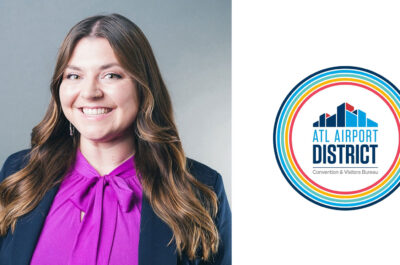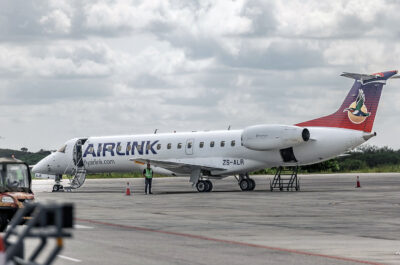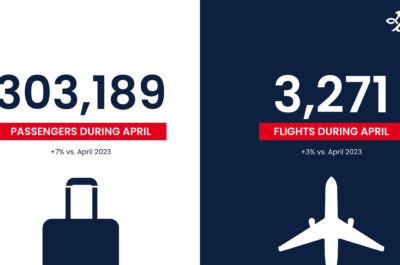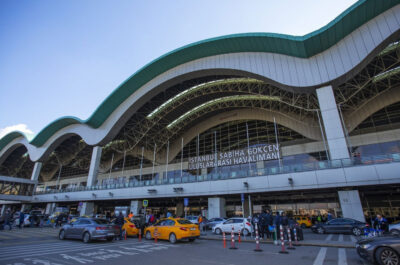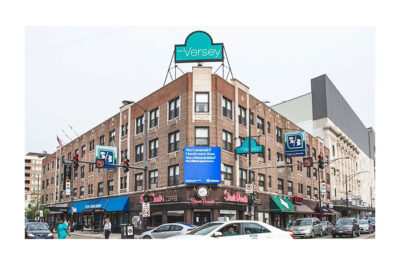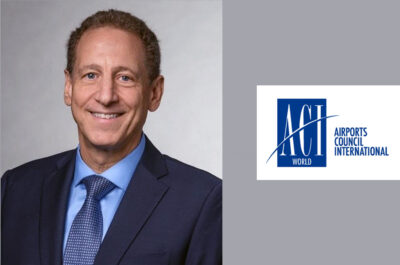As state and local governments rely more heavily upon the use of car rental excise taxes to fund sports facilities, civic centers and other local projects, a new study by a pair of nationally respected economists finds…
As state and local governments rely more heavily upon the use of car rental excise taxes to fund sports facilities, civic centers and other local projects, a new study by a pair of nationally respected economists finds that these taxes are discriminatory and based on unsound tax policy.
Released at the National Business Travel Association (NBTA) International Convention & Exposition, Taken for a Ride: The Economic Effects of Rental Car Excise Taxes, was conducted by William G. Gale of The Brookings Institution and Kim Rueben of the Urban Institute. NBTA has played a leading role in assembling a nationwide coalition of businesses and associations to defend car rental customers and business travelers against these taxes.
In the past decade, the number of car rental excise taxes has doubled, with 83 current car rental taxes in effect in 38 states and the District of Columbia, and new ones under consideration in at least 24 states (based on publicly available data and the status of research as of July 10, 2006). The study finds car rental taxes are inconsistent with basic principles of good taxation.
Although local governments may need to raise revenue, they should still seek to raise revenue in the most equitable and efficient manner possible, Gale and Rueben wrote in the study. Stacking extra taxes on car rental customers is unjustified by almost any criteria.
This study supports NBTA`s position that excessive excise taxes on rental cars have a negative impact on American businesses, consumers and local economies, said Bill Connors, NBTA Executive Director & Chief Operating Officer. Car renters have been hit with more than $3 billion worth of these taxes. The projects funded by these users either have nothing to do with renting a car or benefit a broad base of additional constituents who are not taxed accordingly. We hope cities and counties can find funding solutions for major projects that don`t damage the local economy or unfairly discriminate against select consumers or businesses.
Unsound Tax Policy
Gale and Rueben traced the rise in car rental excise taxes to three primary factors:
- The escalating revenue needs of state and local government
- Decisions in many cities to provide public subsidies for the construction and renovation of professional sports facilities
- The commonly held myth that such taxes are painless for local residents
On closer examination, none of these factors provides justification for the rise – or the existence – of rental car excise taxes, Gale and Rueben stated in the study, which cites a number of ways rental car excise taxes fail to measure up to generally accepted principles of sound tax policy.
A standard view of tax analysis is to create a broad tax base to spread the burden to all who draw benefits from the project or purpose being funded with tax dollars, wrote Gale and Rueben. A broad tax base also allows taxing authorities to maintain low marginal tax rates. States and localities, in their recent efforts to shore up revenues, appear to have strayed significantly from these precepts.
Piling taxes onto car rental customers is, in general, both inefficient and inequitable. It is inefficient because it can distort the choices people make regarding what mode of transportation they use. It is inequitable because it is unclear why users of one particular business or service should bear a disproportionate cost of financing government.
While state and local governments clearly may need to raise additional revenues for a variety of purposes, Gale and Rueben conclude that new and existing taxes should be designed to promote equity, simplicity, and economic prosperity. Our view is that rental car taxes fail all of these tests.
Unintended Consequences
The study also includes a market analysis that demonstrates the negative impacts of a specific car rental excise tax on a local economy. Using data from a leading car rental company in the Kansas City, Mo. market – which in 2005 began imposing a $4-per-day rental car tax – Gale and Rueben analyzed and tracked all of the company`s rental car transactions in the market between January 2002 and June 2005. Key findings included the following results of the tax:
- A 9-percent reduction of car rental customers at locations where the tax was in affect
- Reduced car rental demand among people living near taxed locations by as much as half
- A reduction of between 69 and 86 percent in the number of days people rented cars from taxed locations
- Decreased Missouri state sales tax receipts as higher rental costs drove customers across the state border into Kansas
The proceeds of this particular tax were earmarked largely to finance a new sports arena in downtown Kansas City, Mo. But, Gale and Rueben concluded, since its implementation the tax has generated significant unintended consequences – given its negative impact on consumers, on business activity, and even on the larger state economy.
Alternatives
Gale and Rueben suggested that, in place of car rental excise taxes to fund a stadium or arena, a more economically appropriate financing mechanism would be private investment by team owners and their backers, so that customers from one industry are not being coerced into subsidizing the profit margins of another.
The study suggests that another mechanism for funding these facilities would be user fees, such as taxes on tickets. Therefore, the people who benefit from the investment would pay its costs.
Taken for a Ride was commissioned by Enterprise Rent-A-Car.
Theodore is the Co-Founder and Managing Editor of TravelDailyNews Media Network; his responsibilities include business development and planning for TravelDailyNews long-term opportunities.






















































































